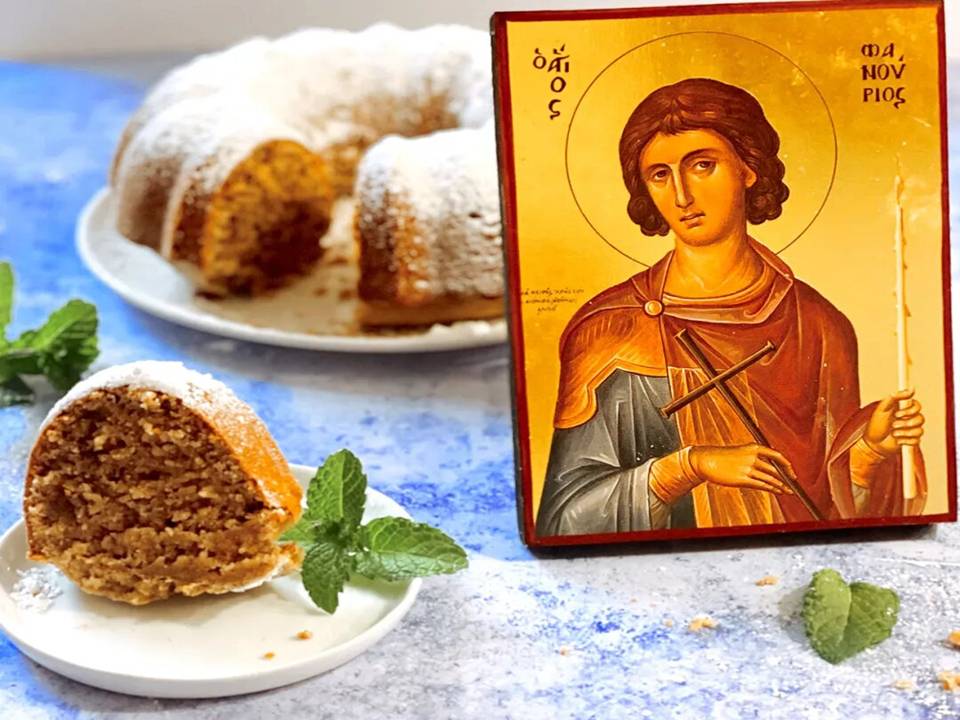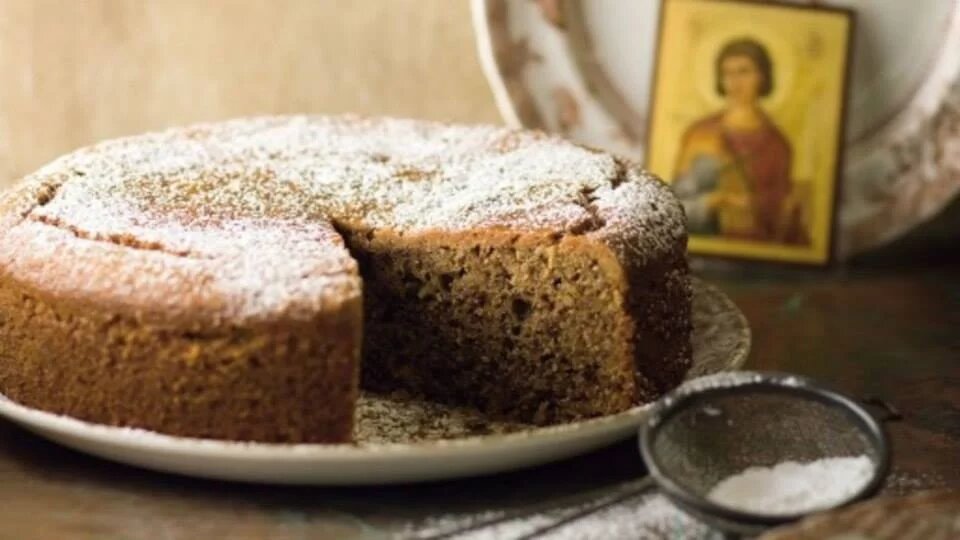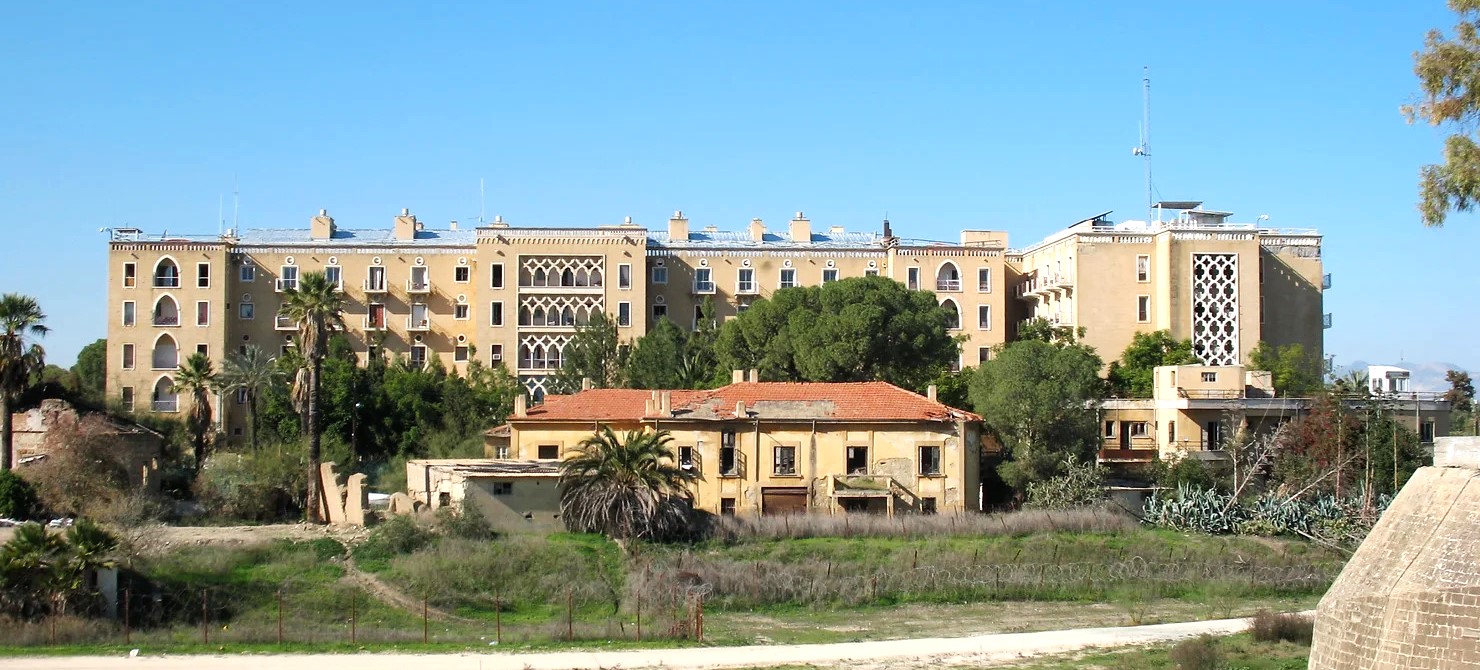The Story of Fanouropitta
The story of fanouropitta, also called Phanouropita, is a traditional cake from Greece and Cyprus, also called Phanouropita, is a traditional cake from Greece and Cyprus. People bake it to honour Agios Fanourios, a saint in Orthodox Christianity. He is known for helping people find lost items and aiding those in need. The cake represents faith, tradition, and community sharing. Generations have kept this tradition alive.
The Origin of Fanouropitta
The tradition of baking Fanouropitta comes from the story of Saint Fanourios. He is a mysterious figure in Orthodox Christianity. Not much is known about his life or martyrdom. However, people believe he was a Christian martyr. In the 14th century, workers found his icon on the island of Rhodes.
The icon showed a young man holding a cross and a lit candle. Scenes around the icon depicted his martyrdom. He endured torture for his faith. The name “Fanourios” comes from the Greek word “fanerono,” meaning “I reveal.” This connects him to revealing lost items and hidden truths.
After the discovery, people began to venerate Saint Fanourios. They saw him as a powerful intercessor. Devotees started baking Fanouropitta as an offering to him. They hoped he would help them find lost items or solve problems.
The Recipe and Symbolism
Fanouropitta is a simple cake. It uses basic ingredients like flour, sugar, oil, orange juice, and sometimes raisins or nuts. The recipe often includes seven or nine ingredients. These numbers have spiritual meaning in Orthodox Christianity. Seven represents the seven sacraments, and nine stands for the nine orders of angels.
The cake contains no eggs or dairy. This makes it suitable for fasting periods, like Lent. The simplicity of the recipe reflects humility and sincerity.

Bakers prepare Fanouropitta with a specific intention. They offer it to Saint Fanourios while praying for his help. Many believe the cake can help find lost objects, solve problems, or bring peace to troubled souls.
A Communal Tradition
The story of fanouropitta, also called Phanouropita, is a traditional cake from Greece and Cyprus, also called Phanouropita, is a traditional cake from Greece and Cyprus is more than a personal act of devotion. It is a communal practice. After baking, people take the cake to church. A priest blesses it during the Divine Liturgy. Then, families share it with friends, relatives, and sometimes the entire congregation.
It is customary to share the cake with at least seven people. This symbolizes the spread of the saint’s blessings. In some areas, people believe baking Fanouropitta helps the soul of Saint Fanourios’ mother. According to tradition, she was a sinner. Offering the cake is seen as an act of charity. It may ease her suffering in the afterlife.
This belief adds depth to the tradition. It highlights the importance of intercessory prayer and the spiritual benefits of giving.
Legacy and Continuity
The tradition of Fanouropitta has lasted for centuries. It remains a cherished practice in Greek and Cypriot households. Every year on August 27th, families celebrate the feast day of Saint Fanourios. They bake and share the cake to honour him.
The story of fanouropitta, also called Phanouropita, is a traditional cake from Greece and Cyprus is more than just a cake. It symbolizes faith, hope, and community. It shows the power of prayer and the connection between the faithful. Through baking and sharing, people keep Saint Fanourios’ story alive. The tradition inspires devotion and brings people together in faith and fellowship.
You May Also Like This
The Halloumi Cheese Story: https://anatolikilemesou.com/?p=4024




